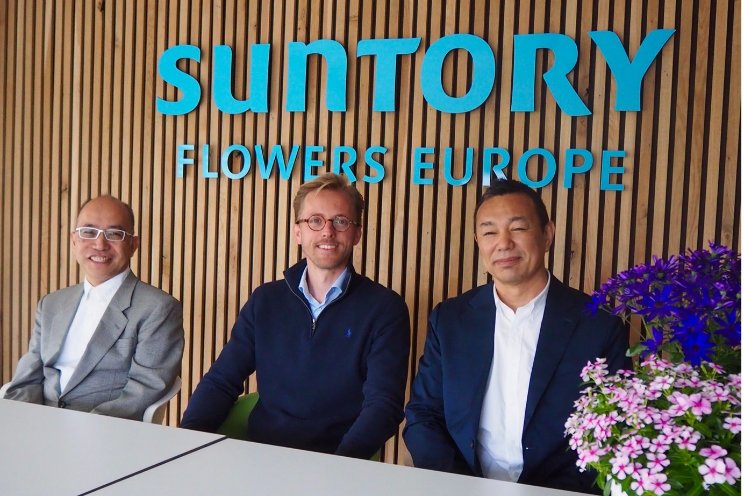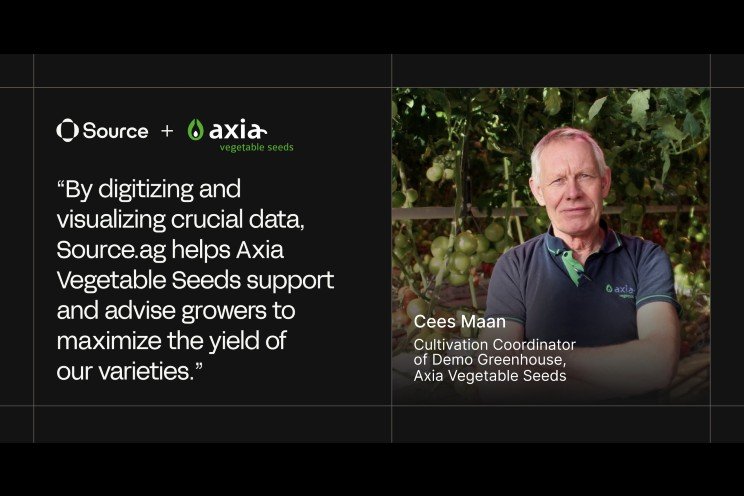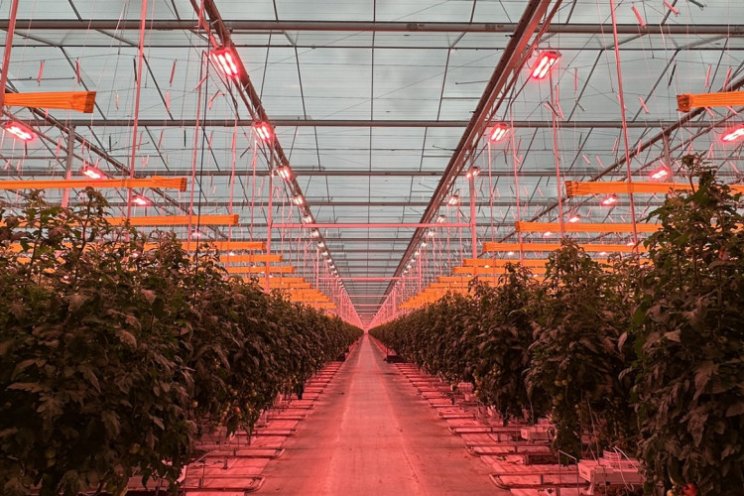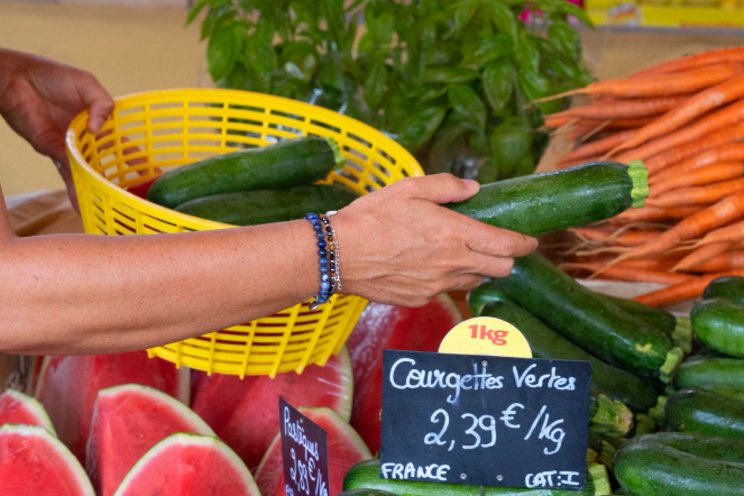How two cannabis growers are building for the future
Added on 25 January 2021
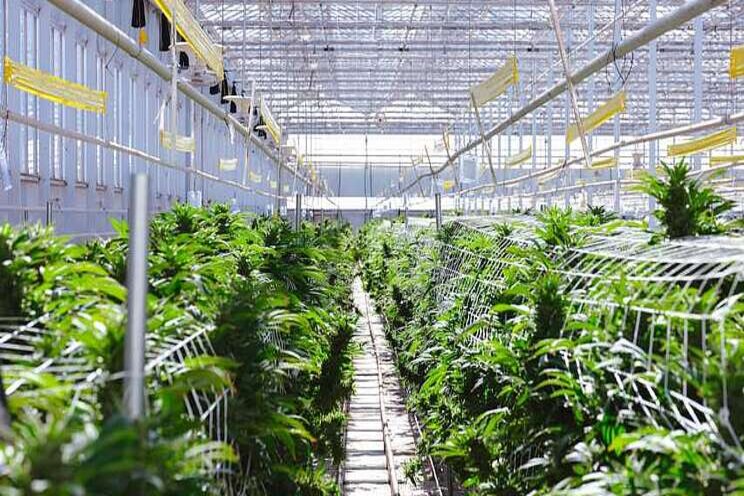

Quality, consistency, and efficiency are the three core principles Glass House works to maximize production. At scale, consistency is key: an even canopy spans a section of one of the company's 355,000 square-foot farms. Photo: Jessica Brady, Glass House Farms
Here's a closer look at how two cannabis operations are expanding, and what they've learned along the way.. You can also learn more in the slideshow above.
Attention to Detail is Critical
Glass House Farms in Carpinteria, CA, which was featured on the cover of Greenhouse Grower's February 2020 issue, completed an expansion this year that encompassed 355,000 square feet of additional greenhouse space, bringing the company's total size to right around 500,000 square feet.

Glass House employees use high-efficiency rolling trays to reduce labor costs. Photo: Jessica Brady, Glass House Farms
"It is working just the way we hoped it would, thanks to an amazing team that made it happen," says Graham Farrar, owner of Glass House Farms. "Greenhouses are great projects, but they take time to plan, and when you add in the complexities of a cannabis crop, you need even more attention to detail."
Among the lessons Farrar says he learned during the expansion project is the importance of including humidity controls.
"We should have focused on this from the very beginning," Farrar says.
On the plus side, a new rolling tray system has worked out very well, and Farrar says he plans to add it to all areas of the greenhouse.
So what's next at Glass House Farms? Farrar says improving light transmission of the roof is a major priority.
"Supplemental lights, even in Santa Barbara's great climate, would definitely help in the winter," Farrar says.

Odor neutralization, not a standard concern in agriculture, is critical in cannabis. Here, the ducting to distribute the neutralizer can be seen. Photo: Jessica Brady, Glass House Farms
On a general level, Farrar says expansion of the legal market, particularly in retail, will be a big market driver in 2021.
"Reducing taxes is also important to help the licensed market compete with the unlicensed providers out there," Farrar says. "Regulatory compliance is also always top of mind for any cannabis grower."
Leadership Matters
Copperstate Farms, featured in Greenhouse Grower's June 2020 issue, is also in expansion mode. The company recently wrapped up a 10-acre greenhouse buildout and renovation at its cultivation facility in Snowflake, AZ.
"For the Greenhouse 3 renovation project, we were able to integrate cutting-edge ventilation and climate control systems to support high-quality cultivation needs without compromising scalability," says Pankaj Talwar, CEO of Copperstate Farms. "Our first harvest was completed in August 2020."

Colas (the central flower cluster that forms along the upper portion of the main stems and large branches in a mature female cannabis plant) stacking up as they near harvest. Photo: Jessica Brady, Glass House Farms
Talwar says the success of this project is due to the leadership and engineering teams at the facility, who were able to complete the construction during a pandemic.
"It required an incredible amount of dedication and perseverance for this $10 million capital build-out," Talwar says. "Despite COVID-19 creating multiple issues, such as shipping delays of critical infrastructure items from Europe or the inability of key installation experts from Canada and Europe to travel to the U.S., our team was able to surmount those barriers one-by-one."
Talwar notes there were several lessons learned during the project.
"It is critical to have dedicated project leadership that can manage all aspects of the project on a full-time basis, ranging from vendor management, establishing detailed timelines, and orchestrating the various disciplines to work together in the most efficient way possible," Talwar says. "It is also important to have a process to manage the initial quotes, change order requests, and approvals so there are clear records and accountability across all partners and vendors with agreements and services to be rendered."

Glass House employs a precision agriculture approach using small, easily steerable, coco-filled pots and micro-irrigation techniques. Photo: Jessica Brady, Glass House Farms
This year, Copperstate has a number of projects in the works. In November, it finalized an agreement to acquire the management rights and control of two medical marijuana licenses and dispensaries in Tempe and Scottsdale, AZ. This included a 38,000 square-foot warehouse operation in Tempe that will be renovated to meet city compliance requirements.
"We will allocate 25,000 square feet for cultivation, processing, and warehousing of cannabis products and transform 5,000 square feet into a Sol Flower dispensary flagship, which is Copperstate's retail brand," Talwar says.
Copperstate's first 10-acre greenhouse that was originally renovated in 2016 will also be going through a $6 million upgrade in early 2021.
"We will be bringing this greenhouse up to the same standards as our new greenhouse, with the same technology for air flow, temperature management, and humidity control," Talwar says.

Copperstate Farms recently wrapped up a 10-acre greenhouse buildout and renovation at its cultivation facility in Snowflake, AZ. Photo: Copperstate Farms
Source: Greenhouse Grower
Source: Greenhouse Grower
More news
